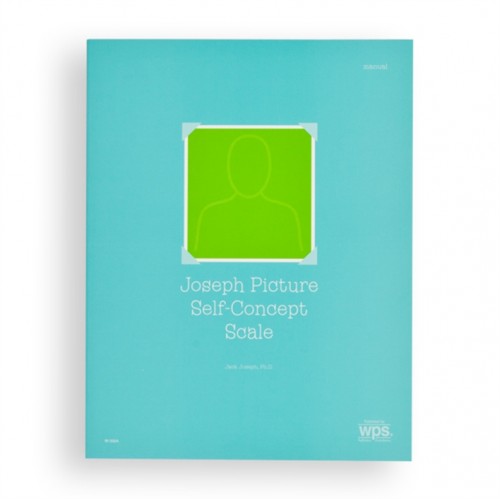*Discontinued and no longer available.
The Joseph Picture Self-Concept Scale allows clinicians to measure self-concept in children as young as 3. The test quickly identifies children whose negative self-appraisals put them at risk for academic and behavioral difficulties. It is ideal for busy mental health practitioners because it blends the precision of a sophisticated diagnostic instrument with the convenience and versatility of a screening tool.
The Joseph Scale employs a unique administration format that lets youngsters respond using pictures rather than words. Children are shown pairs of illustrations representing common self-appraisal situations and are asked to choose between a picture representing positive self-concept and another representing negative self-concept. This interview-and-picture response format is particularly useful with preschoolers and older children who may have developmental problems or language difficulties. Because it requires no reading, the Joseph Picture Self-Concept Scale can be used with virtually any child.
The scale consists of two forms: the Young Child Interview (Form Y), used to assess children ages 3-0 to 7-11; and the Older Child Interview (Form O), designed for children ages 7-0 to 13-11. Either form can be completed in just 5 to 10 minutes. Both forms yield a Total Self-Concept Score as well as clinical indicators of response validity. Standardization is based on a sample of 934 children, from 3 to 13 years old, who were assessed with either the Young Child (n = 379) or Older Child (n = 555) Form.
In addition to its clinical applications, the Joseph Picture Self-Concept Scale can be used to evaluate psychological and educational interventions, to investigate the relationship between self-concept and other traits and behaviors (e.g., empathy, school readiness, disruptive behaviors, depression), and to monitor changes in self-concept over time.
- Copyright 2004

 Proud to be Canadian
Proud to be Canadian